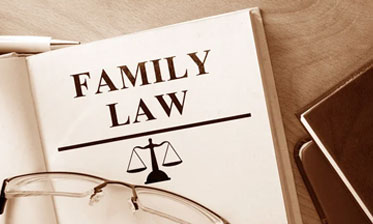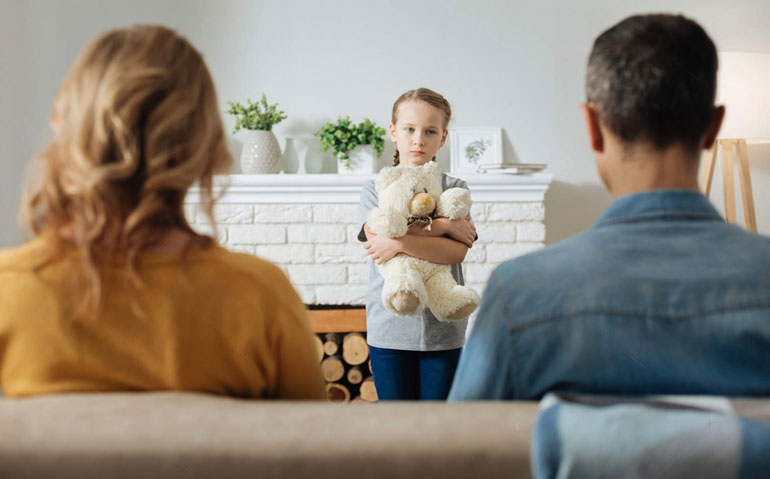Domestic violence impacts thousands of families in North Carolina, and there are protections in place to help you stay safe if you have experienced domestic violence. One such safeguard is a Domestic Violence Protective Order (DVPO).
Contents
Domestic Violence in North Carolina
Domestic violence occurs between people with a personal relationship. Behaviors that are classified as domestic violence include:
- Continued harassment that causes emotional distress
- Causing fear of imminent serious bodily harm
- Intentionally causing physical injury
- Attempting to cause injury
- Committing sexual offenses
Types of DVPOs in North Carolina
There are two types of protective orders for domestic violence victims.
Ex Parte Order
This is a temporary order and may be granted immediately after an ex parte hearing with a judge. These hearings take place without the alleged abuser present, and the judge will only hear one side of the case at this hearing. An ex parte hearing may be held if there is the potential for severe danger. If an ex parte protective order is issued, it will only act as a temporary order until a full hearing can be held.
50B Order
A 50B order is a final DVPO that is issued after a full hearing and testimony is heard from all involved parties. These are considered permanent and last up to one year. When the year is almost over, you can request an extension of up to two years.
So, who can get a domestic violence protective order? People with a personal relationship with you can include:
- Family members
- Spouses
- Ex-spouses
- Romantic partners
- Members of your household
- People you dated or are dating
Minors can also obtain a DVPO if their parent or guardian files on their behalf.
Protections Offered by a DVPO
Domestic violence protective orders prohibit further acts of domestic violence, including threatening, harassing, or abusing the victim. These orders also allow the victim to have possession of the shared residence, exclude the abuser from going to the residence, and award temporary custody of minor children.[1] DVPOs may award child or spousal support in certain circumstances. A judge may decide to add provisions that are appropriate for a specific case, as well. When a protective order is entered, state law requires the abuser to surrender their firearms.
Violating a DVPO is a Class A1 misdemeanor, and willful violations can result in fines and jail time of up to 150 days. Criminal charges are also a part of the abuser’s record, unlike a protective order, so the consequences of violation are long-lasting. DVPOs offer slightly increased protection than no-contact orders, including the punishment for not following the terms of the order.
If you need help filing for a domestic violence protective order or have questions about a potential violation of a current DVPO, contact Ley Law for assistance. Schedule your consultation by calling 252-612-0007.
[1] N.C.G.S. § 50B-3. https://www.ncleg.net/EnactedLegislation/Statutes/HTML/ByChapter/Chapter_50B.html

Clark Jones Author
G. Clark Jones, CEO of Ley Law, has built a distinguished career in Criminal Defense and Family Law across Eastern North Carolina, known for his dedication to clients and his commitment to achieving justice. Graduating Magna Cum Laude with a Bachelor of Science in Family Community Services from East Carolina University in December 2016, Clark pursued his Juris Doctor degree at J. Reuben Clark Law School, Brigham Young University, completing it in December 2019.





